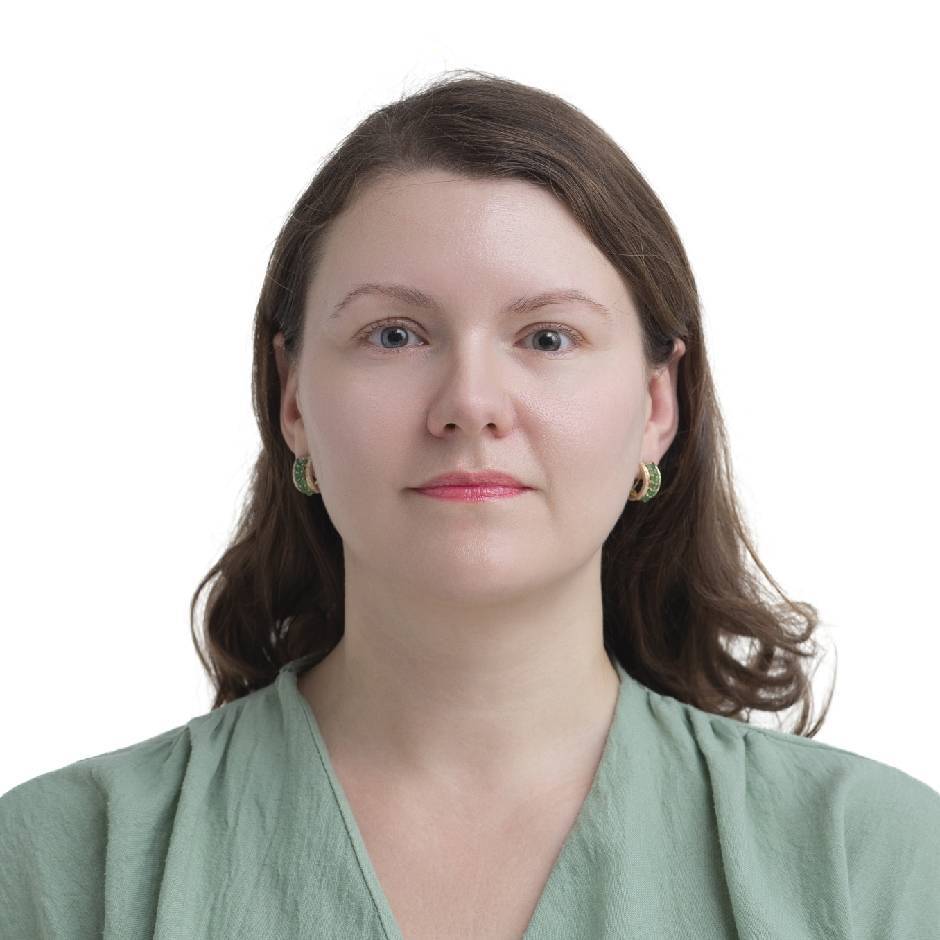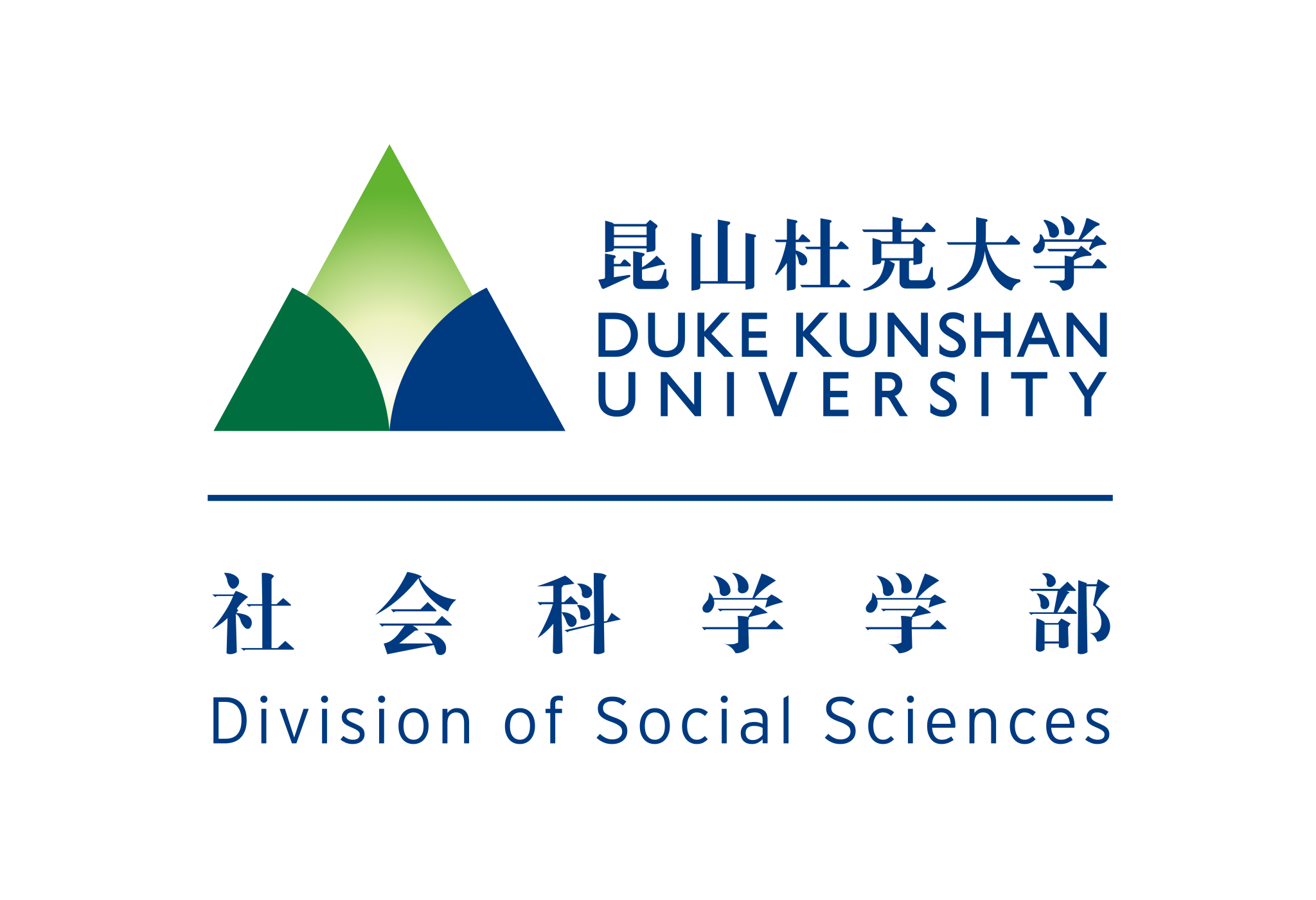Populism is on the rise in the “old continent” and beyond, a phenomenon with implications that require a thorough examination. In October 2024, Duke Kunshan University Professor Paula Ganga published the article titled “Bringing the state back in: Populism and economic nationalism in Europe.” Extremely relevant in today’s political environment, Professor Ganga’s work assesses how populist governments in Europe have shaped national economies and political institutions, bringing numerous contributions to the field.
About the Professor

Professor Ganga is a Professor of Political Economy at Duke Kunshan University. Her research interests are populism and economic nationalism, inequality and economic development, energy and environmental policy, corruption and transparency. She has published work on the economic consequences of illiberalism, foreign aid, Russian nationalization, corruption and energy politics in Eurasia.
Professor Ganga notes that, much like DKU, political economy is all about interdisciplinarity: “It combines economics and political science to study the interaction between institutions and markets. To understand many of a country’s economic outcomes we need to look at its government, and for a government to run the country efficiently, we need to understand economic conditions and policymaking. Everything is connected and we need to study it as such.”
Interested in learning more about political economy? Professor Ganga recommends POLECON 301 International Development: “One of my favorite courses to teach is POLECON 301 International Development. I love not only the topics covered (theories of development and the major topics in development) but mainly the fact that the class is a seminar where students get to participate in active class discussions on issues they find interesting and relevant.”
Populism and Economic Nationalism
The article argues that the populist worldview lends itself naturally to a consolidation of political and economic power, thus leading to a more prominent state even in countries where the populist regime is a right-leaning one. Populist policy making is an emerging area of study, hence Professor Ganga’s work deepens our understanding of populist leaders’ economic policies, underscores how this involvement impacts democratic institutions, and introduces quantitative analysis to a field dominated by qualitative work.
Embraced by populist leaders, economic nationalism has been present across different regions of the world since the 19th century. Its role is to bring the state closer to national unity, autonomy, and to enhance national power. Domestically, economic nationalism is pursued by statism. In the past, this entailed the state’s control over the economy, whereas the economic statism employed by populists nowadays leads to the state becoming “an entrepreneur” that competes with private enterprises. Nevertheless, as Professor Ganga notes, leaders who domestically embrace economic nationalism can also be open to globalisation as long as it promotes the nation and the state.
When it comes to complex economic policies, populist leaders break away from previously accepted policy lines to bring power from the elites to the people, alleviate the anger caused by globalisation and mass liberalisation, and give power to the state. This is important because the previous consensus was that once elected, populist leaders tend to maintain their predecessors’ policies. Consequently, Professor Ganga argues that “we are likely to see populists taking office and embarking on sustained campaigns of state consolidation in economic matters breaking with past policies of openness and integration in global and regional economic networks and promoting economic nationalism.”
Furthermore, a series of tests is conducted using data from 30 European countries spanning from 1990 to 2019 to examine the way populist parties behave once in power. Besides assessing the issue in a comparative setting, the article adds a macroeconomic perspective that shows a growing trend for populist economic policy making toward increased state presence in the economy. The results of the tests show that the election of a populist government does indeed lead to a strengthening of state ownership in the economy.
Concluding Remarks
We congratulate Professor Ganga on her work. The study of populist policy making is still an emerging field, therefore her contributions are salient to our understanding of the subject. As stated in the article, comprehending the traits of populism and its impacts on the economy and government institutions might be the key to reducing the impact of international crises such as the Ukraine war and the post-pandemic recovery.
Written by: Eric Eberly, Class of 2028
Edited by: Prof. Paula Ganga



